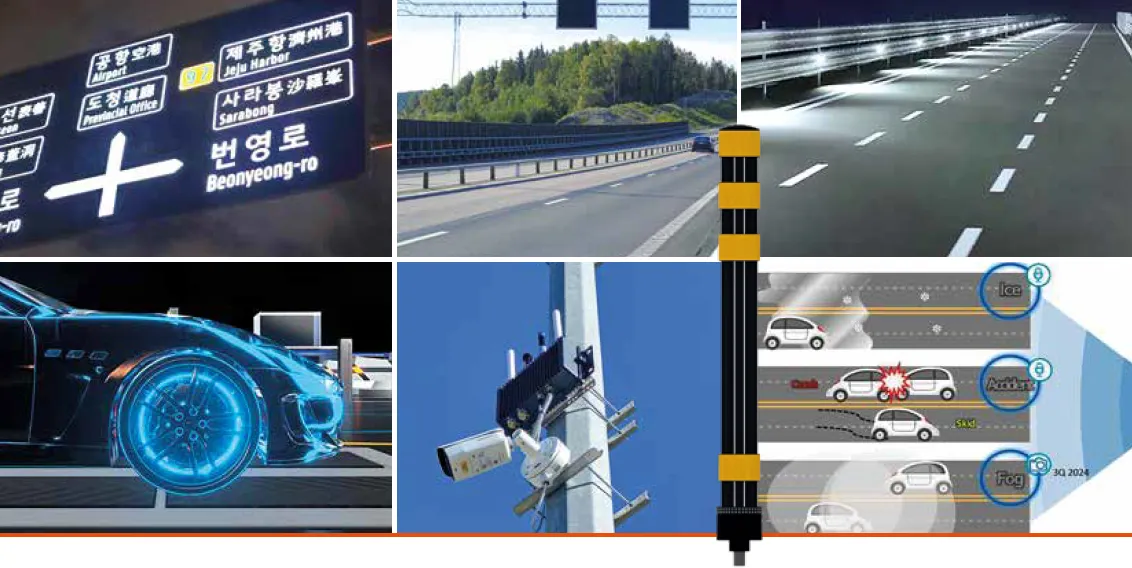It is only in the last couple of years that the viability of all-electric vehicles for day to day transport has begun to be recognised. Back in 2000, that was not the case, certainly in Italy, where a few pilot projects involving EVs were carried out with negative results. It is against this background, that the innovative Reggio Emilia eco-rental experience must be assessed.
January 27, 2012
Read time: 4 mins

Project:
Reggio Emilia eco-rental initiative
Environmental record: (to 31 December 2010)
• Total km covered: 9,990,336
• CO2 reduction: 999,034kg
• NOx reduction: 2,098kg
• Reduction of PM10: 549kg
• Savings on fuel: 832,528 litres
• Kw/h consumed (estimate): 2,180,775
• Local emissions: zero
• Considerable noise reductionIt is only in the last couple of years that the viability of all-electric vehicles for day to day transport has begun to be recognised. Back in 2000, that was not the case, certainly in Italy, where a few pilot projects involving EVs were carried out with negative results. It is against this background, that the innovative Reggio Emilia eco-rental experience must be assessed.
TIL's goal was to incubate and grow an innovative project for sustainable mobility based on EVs and to firmly establish the use of these clean vehicles as the ideal means of transport for work activities carried out in the centre of this beautiful Italian city.
The Econoleggio hire without driver service would guarantee the efficiency of the EV, an indispensable condition for the success of the project in overcoming the prejudice that existed surrounding effective operation of EVs and also guarantee comprehensive after-sales support.
Project begins
Reggio Emilia's ministry of the environment (RONCHI) issued a decree to have employees of its municipal authorities and leading public companies use EVs in the city centre for work purposes. The project got underway in January 2001, with 46 electric Piaggio Porters for public companies. This was followed in June 2002 with another 76 of the vehicles being made available for municipal authorities.In December 2003, TIL launched AriaMia, Reggio Emilia's first eco-rental initiative aimed specifically at the city's business community. Initially, 30 all-electric Piaggio Porters were were provided by TIL for shopkeepers, artisans and small entrepreneurs for a monthly rental fee of only e300 (US$425). Take-up was such that an additional 20 EVs were quickly added to the fleet.
Via Libera, a new initiative from TIL, was launched in 2005. This, with the support of the Province of Reggio Emilia, reduced rental fees so that the EVs became more affordable for local businesses and private individuals and also provided additional incentives for users of the service.
By the end of 2005, Reggio Emilia had over 170 all-electric vehicles being used daily in its city, and the formula for the successful development of eco-mobility had been proven. Key drivers for success were that the public authority was the first to take the risk on EVs, providing leadership by example to local public companies, local traders and small businesses as well as the population in general. The perceived benefits of sustainable eco-mobility were further promoted by incentives, such as free parking and 24-hour access to restricted traffic areas.
What also worked for the programme was the obvious reduction of polluting emissions, considerable noise reduction, economic savings on fuel of over 70 per cent, as well as a noticeable improvement of the image of public authorities, traders and businesses.Continued development The scheme continues to develop. Users' positive feedback led to the launch last year of a new service, called "playPorter". This initiative aims to continue to encourage the use of EVs not just in the daily work of artisans, shopkeepers and small businesses, but also as a 'second car' for individuals and families. The next phase of the eco-rental model will be development and integration of a network of charging stations to widen their range and the accessibility of the service.
Roberto Badalotti, managing director of TIL, summarises what the project has achieved: "The 'Reggio Emilia' project has triggered a virtuous mechanism that has led, by the end of 2010, to the daily circulation in the city of 315 electric vehicles, with all the resulting benefits. The project has also demonstrated how best practices, implemented with determination by the municipal authorities for the last 11 years, can generate an acute environmental awareness and a change of mentality in its citizens."








